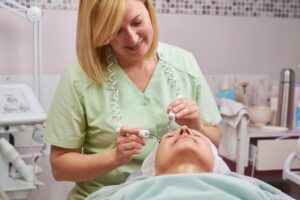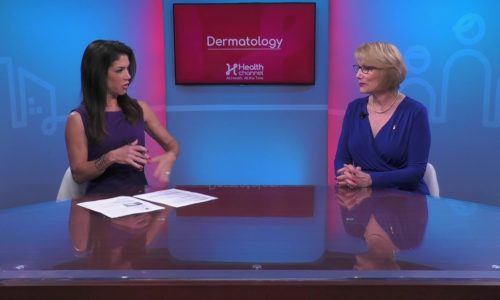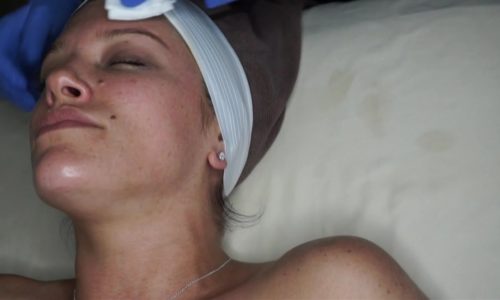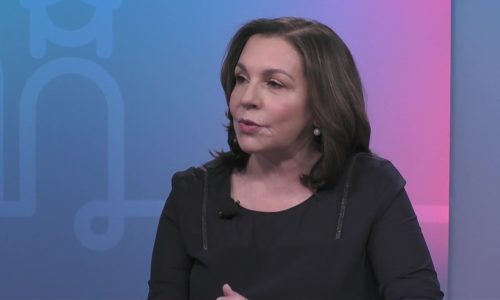Is there a way to rejuvenate my face skin? |

If I asked you how to improve the size or shape of your muscles, you would probably say ‘lifting weights,’ and you’d be right. Muscles grow when they are first broken down with forceful exercise, and then they repair themselves in an effort to meet the repetitive challenge. Interestingly, the skin operates on the same principle – to see an improvement in it, you have to trigger that change with an external stimulus. Optimal skincare takes work, especially as we age.
The Big No No’s
Now, before we talk about skin creams, procedures, and medications, we need to address the elephants in the room. There are some lifestyle choices that do irreparable damage to skin. Avoiding these 3 things is the foundation of youthful skin:
- Do Not Smoke
- Do Not Drink Alcohol in Excess
- Do Not Get Sunburned (minimize the skin’s exposure to UV radiation)
What Happens To Skin As We Age?
It’s important to understand what happens to our skin as we age before we choose a strategy to restore a more youthful appearance. The skin is made of three layers: the outermost (or surface layer) is called the epidermis, and the middle layer is called the dermis, and the deeper fatty layer is called the hypodermis. Most of the aging changes occur in the middle layer.
The dermis contains a large amount of collagen and elastin protein fibers, which give skin its elasticity. Collagen is produced at a slower rate as we age, and can be slowed down even further by exposure to UV radiation (from the sun) or smoke (from cigarettes, cigars, etc.) The “glue” that holds the collagen and elastin together is called hyaluronic acid, and this glue is also manufactured at a slower rate as we age. The result of less hyaluronic acid is dry, scaly, and wrinkly skin – sort of like what happens to a grape when it loses its water content, it becomes a raisin.
The epidermis tends to become dry as well, with less oil production to capture moisture. The turnover rate of our skin cells slows down (by as much as 50%), causing a dull, rough skin surface. Older adults take longer to heal from wounds to the skin, and those who undergo dermabrasion may take twice as long as young adults to recover.
Skin changes in pigment cells called melanocytes result in uneven coloration. Both dark spots (the result of erratic melanocyte activity triggered by UV radiation over time) and light spots (caused by a decrease in the number of melanocytes as we age) are signs of sun damage and associated aging. Normal immune cells (called Langerhans cells) in the epidermis become more scarce over time, allowing irregular cells to grow unchecked and become cancerous.
In summary, our skin loses elasticity and moisture, slows down its natural turnover, and loses its melanocytes and immune cells over time. The result is a kind of deflation of youthful dermis, with dry, rough, discolored, and sometimes cancerous skin!
The good news is that there are many treatments available to slow this process and rejuvenate aging skin. In my next health tips, I’ll discuss products and treatments that can assist with the following:
- Removing the dry, dead layer of outer skin
- Increasing skin cell turnover
- Hydrating the healthy skin
- Stimulating collagen production
- Reducing redness
- Reducing dark spots
- Reducing wrinkles
References
https://www.aad.org/public/skin-hair-nails/younger-skin
http://www.mayoclinic.org/diseases-conditions/wrinkles/home/ovc-20265770
http://www.mayoclinic.org/healthy-lifestyle/adult-health/in-depth/skin-care/art-20048237
If you have any more questions just Ask Hanna, our health advisors are here to help.
Image: ©Shutterstock / DenisProduction.com








